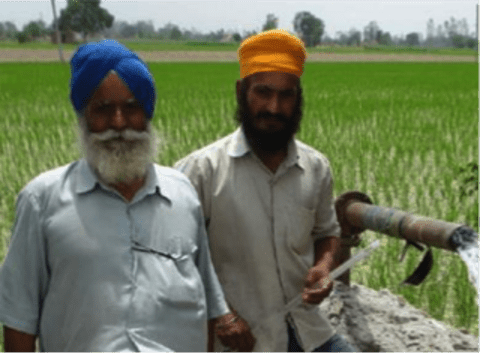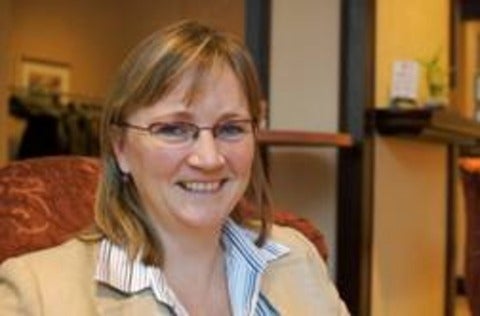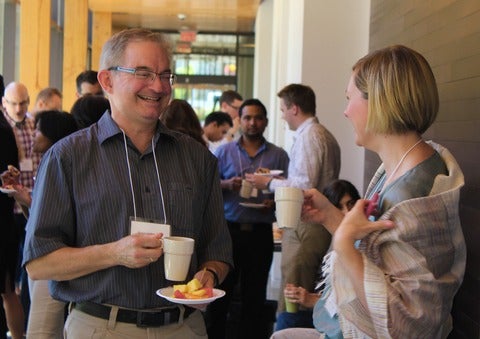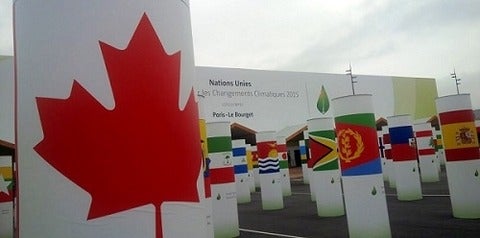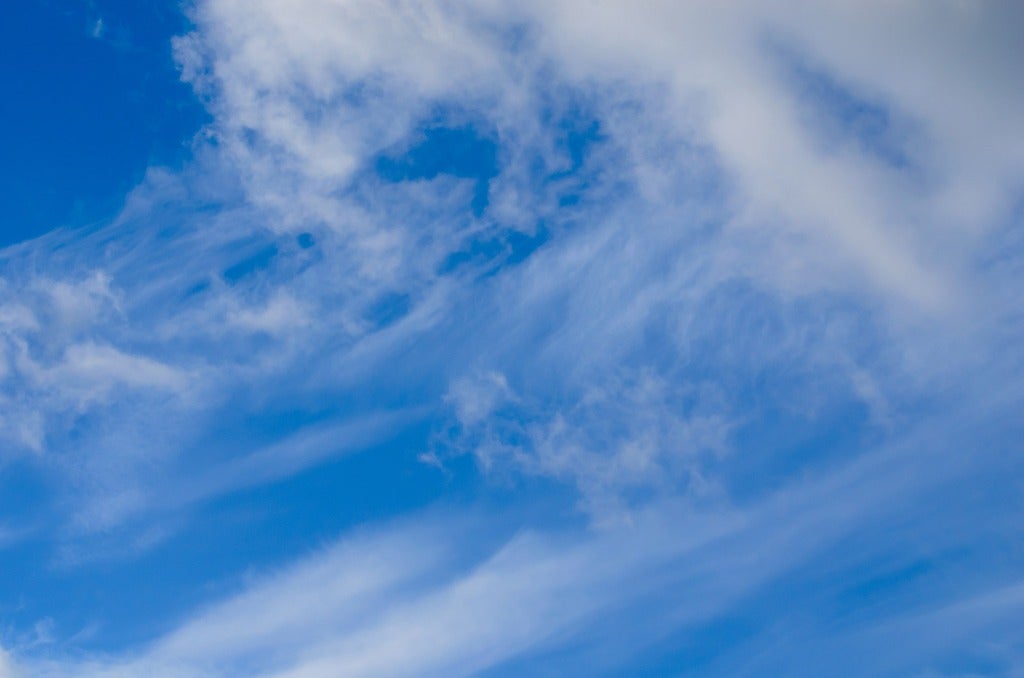Panel Discussion: Meet an IPCC Author
Have you ever wanted to know what it’s like to be a contributor to the Intergovernmental Panel on Climate Change (IPCC) research process? How to get involved? What skills are needed? What are the greatest challenges for a researcher? Join us for a panel discussion to explore these questions and ask your own!
